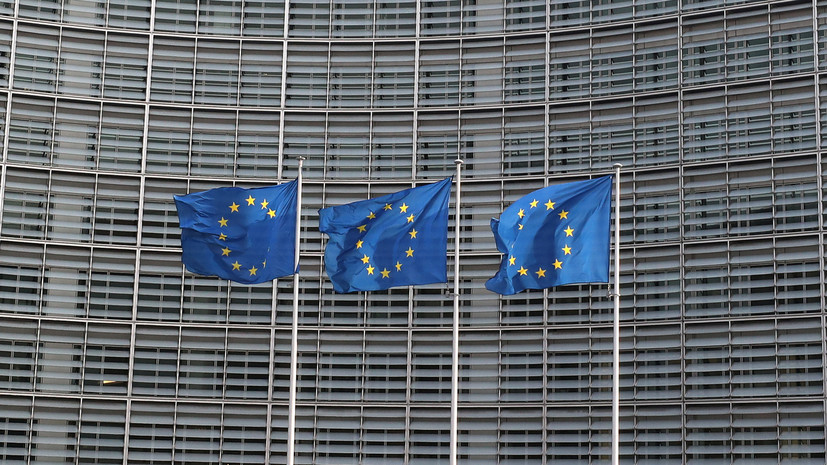According to Borrell, in February, within the framework of the European External Relations Service, a permanent structure was created - the Second Department of Strategic Communications - covering working groups and an information and analytical unit.
So, for the fight against "disinformation" as a whole, the department was allocated € 6 million, of which € 4 million -to fight against Russian "disinformation".
“In 2020, the budget allocated for operational working groups to combat disinformation amounted to € 6 million. This amount includes € 4 million for preparatory measures proposed by the European Parliament to work on Russian and pro-Kremlin sources of disinformation in priority regions: the countries of the Eastern Partnership. , The Middle East and North Africa, and the Western Balkans, ”the text says.
In December, the European Parliament presented proposals for a resolution that viewed Russia as "the main source of hybrid and conventional security threats."
In particular, the text of the document noted that Moscow allegedly carried out disinformation campaigns and attempted to destabilize the situation in a number of states.
In recent years, Russia has been constantly accused of "interfering" in the internal affairs of foreign states. However, Russian officials have repeatedly stressed the lack of evidence of such statements.
Thus, Russian President Vladimir Putin previously noted that Russia has never interfered in the internal political processes of other countries.

